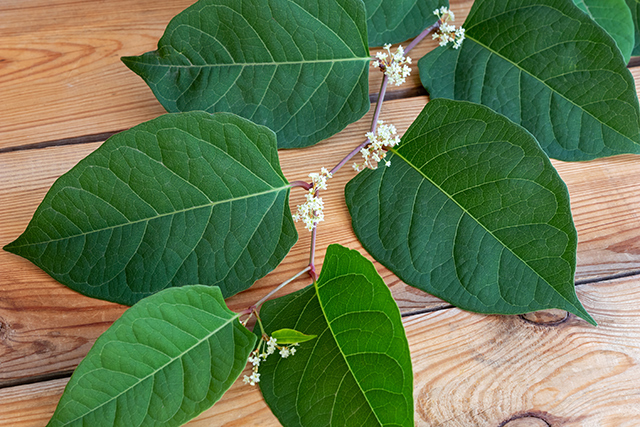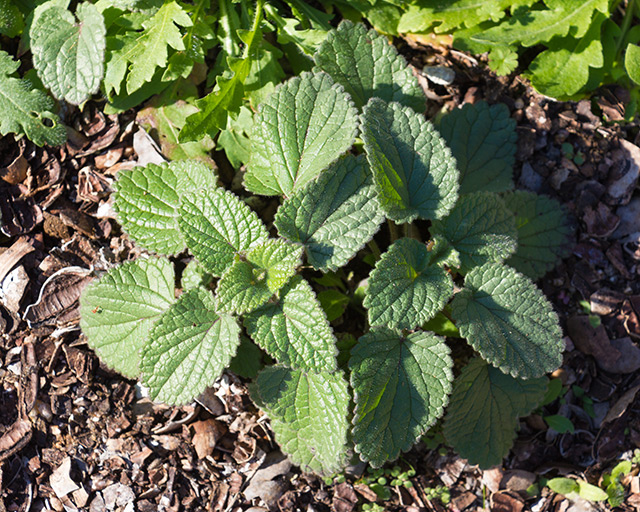Want to prevent skin cancer? Eat more tomatoes … new science confirms powerful anti-cancer effect
07/26/2017 / By Cassie B.

If you’re worried about skin cancer but you don’t want to slather yourself in toxic sunscreen before heading outdoors, you might have heard the advice that a proper diet full of antioxidants can naturally boost your skin’s sun protection. While this remains an effective approach, a new study shows there is one food in particular you should focus on if you’re a man: tomatoes.
According to a study out of Ohio State University, daily tomato consumption can slash skin cancer tumor development by as much as 50 percent.
The study, which was published in Scientific Reports, discovered that male mice who were fed a diet composed of ten percent tomato powder each day over the course of 35 weeks had a 50 percent reduction in skin cancer tumors when compared to mice who did not eat any dehydrated tomato after being exposed to ultraviolet light.
Interestingly, the same effect was not seen in the female mice who were studied. Past research has found that male mice develop tumors more quickly after being exposed to UV light, and their tumors tend to be bigger, greater in number and more aggressive.
The scientists believe that it’s the carotenoids in the tomatoes that are responsible for this protective effect against damage from UV light in the male mice. These pigmenting compounds are what give tomatoes their red color, and past studies have shown that they are deposited into human skin after eating tomatoes. In fact, previous human trials have found that consuming tomato paste can help dampen sunburns.
The primary carotenoid in tomatoes, lycopene, is the most effective antioxidant among the various pigments, but other compounds are also believed to play a role because synthesized lycopene supplements did not prevent redness following UV exposure as well as consuming the entire tomato in the previous study.
The senior author of the latest report, Tatiana Oberyszyn, said that the new finding shows how considering sex could be useful in discovering appropriate preventive strategies for skin cancer as measures that work in men might not necessarily work in women.
Past studies support tomatoes’ skin protection power
Past studies have shown that consuming tomato paste acts as an internal sunscreen. In an experiment carried out in England, researchers found that volunteers who had eaten 55 grams of tomato paste each day for three months had 33 percent more sunburn protection than the control group. In addition, they had significantly higher levels of a protein that helps preserve skin structure known as procollagen. Researchers in that study said that the tomato diet could help reverse the skin’s aging process, and they pointed out that the amount of tomato involved was not very high. In fact, most people could easily consume that much by eating tomato-based meals regularly.
They opted for tomato paste in the study because cooking heightens the bioavailability of lycopene; the lycopene found in raw tomatoes is bound in a form that is not as easy for the body to use.
Tomatoes protect against a range of cancer types
There are plenty of other reasons to stock up on organic tomatoes. While they might not get all the attention of other superfoods, they can help reduce your risk of several types of cancer in addition to skin cancer.
They are particularly protective against prostate cancer, with one study finding that eating tomatoes or tomato-based products like tomato sauce more than twice a week could reduce a man’s risk of prostate cancer by as much as 34 percent. They’ve also shown an ability to reduce lung, breast, larynx, pharynx, and mouth cancer.
Meanwhile, in Italy, where tomatoes are a dietary staple, those who ate seven servings of raw tomatoes per week were found to have a 60 percent lower risk of cancer, particularly that of the digestive tract.
Sources include:
Submit a correction >>
Tagged Under:
lycopene, men's health, natural sun protection, natural sunscreen, nutrients, skin cancer, tomatoes
This article may contain statements that reflect the opinion of the author
RECENT NEWS & ARTICLES
AntiCancer.News is a fact-based public education website published by AntiCancer News Features, LLC.
All content copyright © 2018 by AntiCancer News Features, LLC.
Contact Us with Tips or Corrections
All trademarks, registered trademarks and servicemarks mentioned on this site are the property of their respective owners.




















